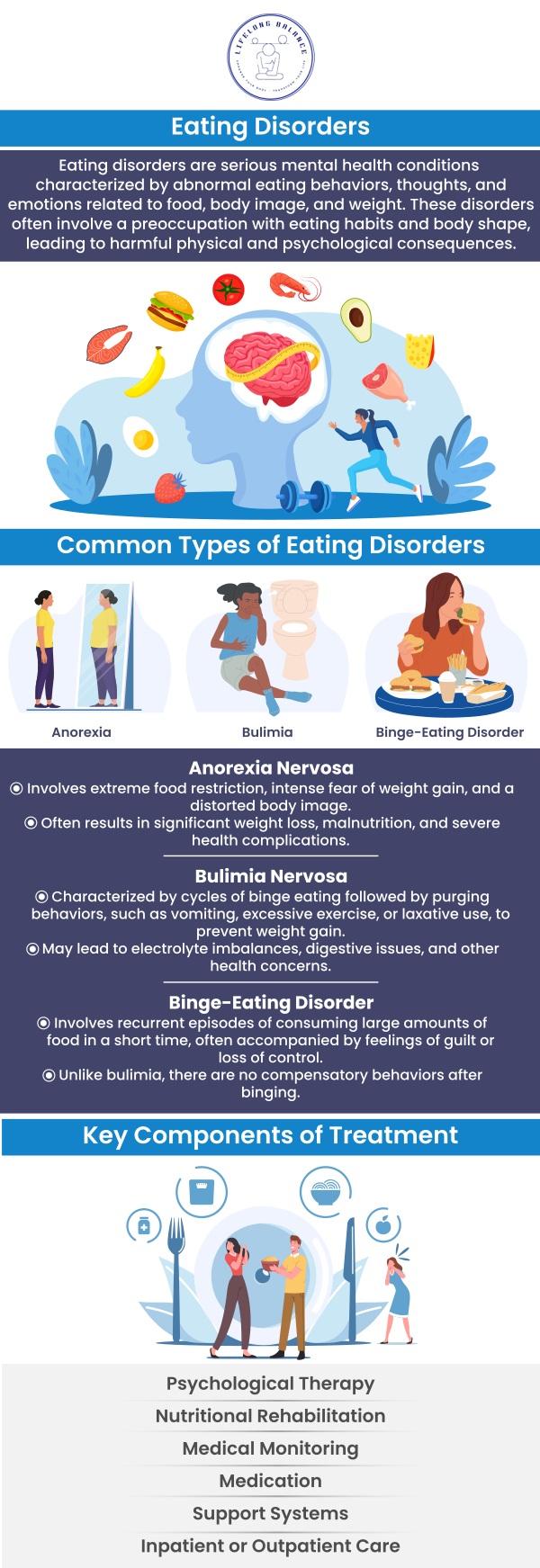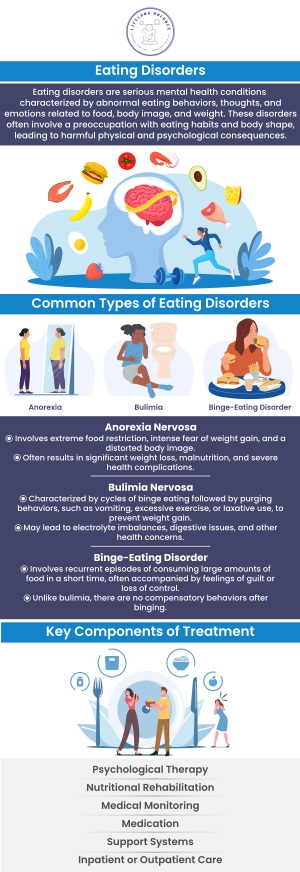Home » Boca Raton FL Emotional Eating Disorder
You cannot copy content of this website, your IP is being recorded
Emotional Eating: Why It Happens and How to Stop It
Struggling with emotional eating? At Lifelong Balance Weight Loss and Wellness Center, Dr. Susan Albinder, PHD, LMFT provides personalized counseling and support programs to help you understand and overcome emotional eating, guiding you towards a healthier, balanced lifestyle. For more information, contact us or schedule an appointment online. We are conveniently located at 660 Glades Rd Suite 320-A, Boca Raton, FL 33431.

Additional Services You May Need
*In case of a life threatening emergency, immediately call 911.
**For any medical procedure, patients respond to treatment differently, hence each patient’s results may vary.
***Information on this site is not intended or implied to be a substitute for professional medical advice, diagnosis or treatment. All content contained on or available through this site is for general information purposes only.
****By using this website and sending us your information, you are giving us permission to contact you by electronic and non-electronic means. We also track the conversions and collect user data to improve marketing.
*****If you are vision-impaired or have some other impairment covered by the Americans with Disabilities Act or a similar law, and you wish to discuss potential accommodations related to using this website, please contact us.












